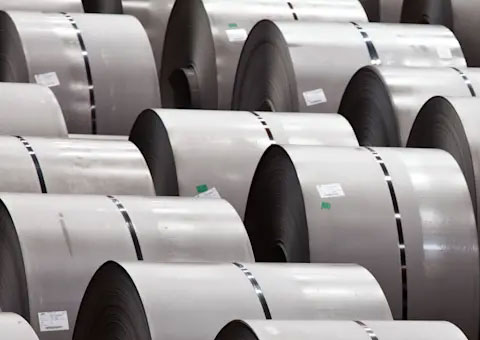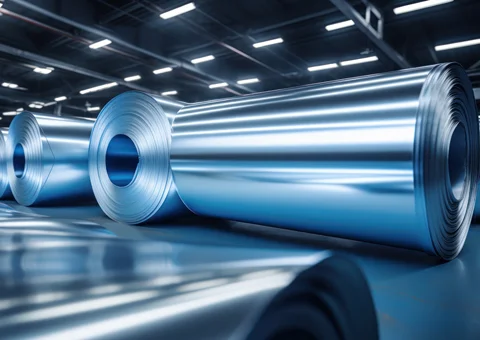US President Donald Trump has announced that from August 1, 2025, the United States will raise its “reciprocal” tariff on imports from Brazil to 50%. Until now, a 10% tariff has been in effect. This decision has already caused a wave of concern in the raw materials market, particularly regarding the prices and availability of Brazilian iron ore, according to SMU.
In a letter to Brazilian President Luiz Inácio Lula da Silva, Trump stressed that 50% is only part of the effort to achieve a “level playing field” in trade. He also warned that any tariff increases by Brazil would be added to the already established 50%.
The new tariffs are causing concern among participants in the pig iron market. Although semi-finished products and finished steel from Brazil were already subject to a 50% tariff under Section 232, raw materials, in particular pig iron, remained outside its scope. However, according to analysts, there is now no room for discounts on the Brazilian side to offset the new duty.
In June, the price of Brazilian pig iron was around $401/t FOB, but was under pressure. One trader said that after August 1, the US would not buy pig iron from Brazil. This could lead to price jumps for shipments booked before that date.
Experts also draw attention to the situation with slabs. Since 2018, Brazilian steel has been subject to quotas under Section 232, but the new 50% tariff could further increase pressure. According to Terzian, this could make slabs from other countries more attractive to American buyers.
Thus, the new duty poses serious risks to the stability of supply chains for cast iron and semi-finished products to the US and could affect the global steel market.
Earlier, Donald Trump officially postponed the increase in “reciprocal” tariff rates for dozens of countries from July 9 to August 1, while sending letters to 14 countries with a detailed description of the duties that await them from the specified date.

